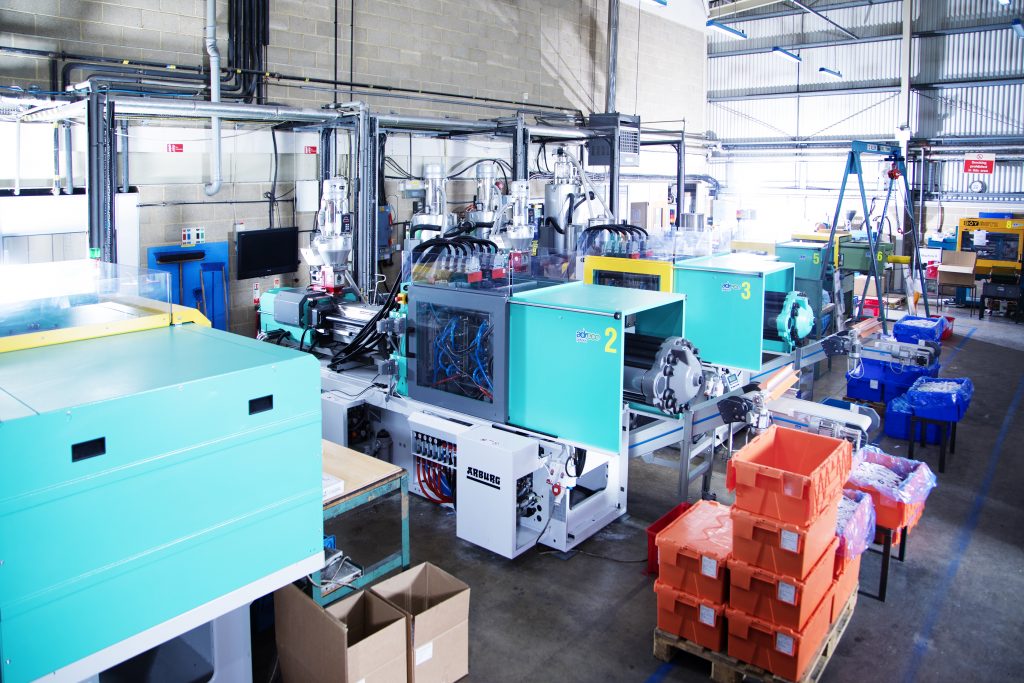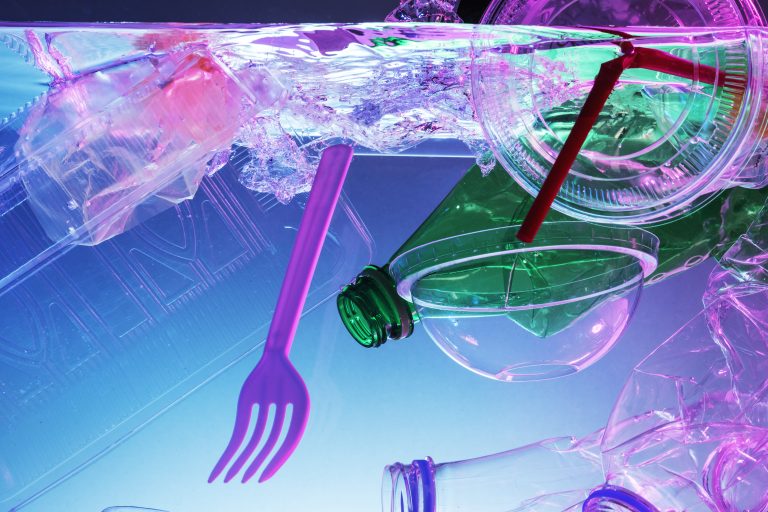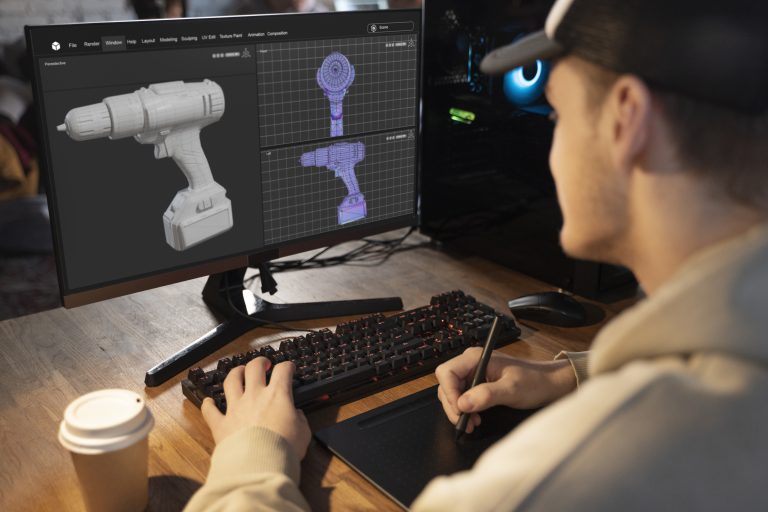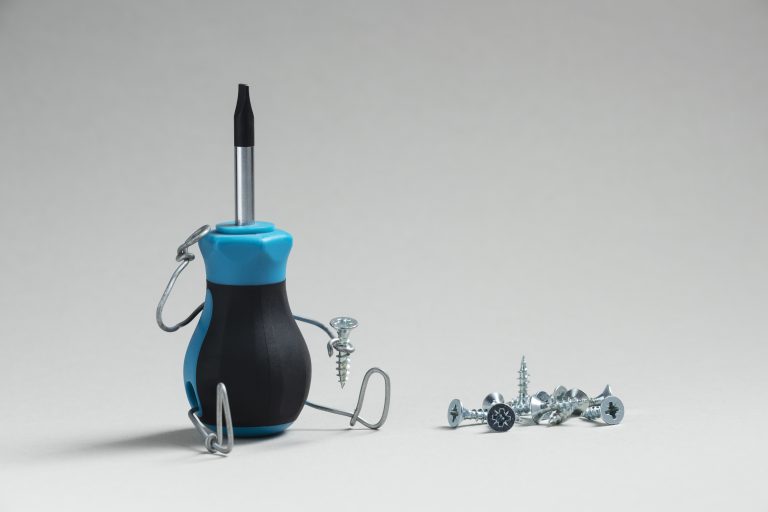Plastic injection moulding has become one of the most commonly used manufacturing methods, used across multiple sectors to great acclaim. It offers many advantages, including the ability to mass produce accurate, identical units, as well as create bespoke designs. It is relatively inexpensive, versatile and straightforward to achieve.
However, as with any manufacturing process, it is vital to consider the environmental impact it has, and to work on ways to work on more sustainable plastic injection moulding methods. Plastic manufacturing continues to rise in popularity, due to the sheer usefulness of plastic products. So, now is the perfect time to think a little deeper about plastic injection moulding and the environment.
Planet-Friendly Plastic Injection Moulding
Plastic injection moulding and the environment is just one aspect of a much larger drive to reduce the carbon footprint of businesses and consumers around the world. Businesses are turning more and more to following greener ways of working. They are telling customers what they are doing too, to help them make informed decisions about who to work with. Here are some areas within plastic injection moulding that should be looked at by anyone wanting to work with companies that are actively building on their green credentials.
1. Ensuring The Right Certification
Industry quality standards such as ISO 9001 look at a wide array of issues and measures to assess a manufacturer’s working practices and priorities. This usually includes adherence to sustainable methods of production and dedication to climate change related goals such as reducing pollution. By working with a company that can demonstrate a commitment to sustainable plastic injection moulding methods, you can be reassured that the carbon footprint around your project will be reduced as much as possible.
2. Recyclable Plastics
Choosing plastic polymers that can be recycled when you no longer need to product being made is another way to make plastic injection moulding work more sustainably. Polyethylene Terephthalate (PET) and High Density Polyethylene (HDPE) are both widely recyclable plastics and are also commonly used in the plastic injection moulding process. These are often found in single-use plastic products, such as milk bottles or soft drinks bottles. Polyvinyl Chloride (PVC) is another plastic product that can be recycled and commonly found in packaging and the textiles industry.
3. Reducing Waste
Cutting back on what we send to landfill is a key way to work more sustainably. Every manufacturing process will produce some waste along the way, but there are different ways to deal with it – some better for the environment than others. Many companies recycle the excess plastic that is generated during the sustainable plastic injection moulding process. In some cases, the plastic is re-melted to be used for another project. Alternatively, it can be sent externally for recycling. Much is being done across the industry to try to reduce the production of excess plastic using advances in technology and more streamlined production techniques.
4. Simplifying The Supply Chain
Pollution and other environmental challenges are not caused simply by the products themselves being made. There is a large supply chain around every manufacturing project, from the petrol or diesel used by people driving to planning meetings to the huge delivery costs, especially if products are flown by air. If businesses think more about how the environment is impacted by every single decision made or plan agreed, this can go a long way to reducing the overall carbon footprint. So, prioritise local suppliers, carry out planning meetings online or by phone and schedule deliveries so that every inch of available space is used up, rather than deliveries being made by half-filled lorries, vans or cargo holds.
5. Sustainable Packaging
Finally, even after the products have been made and delivery sorted, there is still more that can be done to support sustainability. Reducing the amount of packaging required can really help cut carbon emissions, not to mention reduce the amount of rubbish sent to landfill.
Products do still need to be adequately protected while they are in transit. However, making changes such as ordering in bulk if you know that you are going to require multiple orders can make a difference. Or asking your plastic injection moulding supplier about what packing materials they use to see if your order can be switched to a recyclable plastics option.





